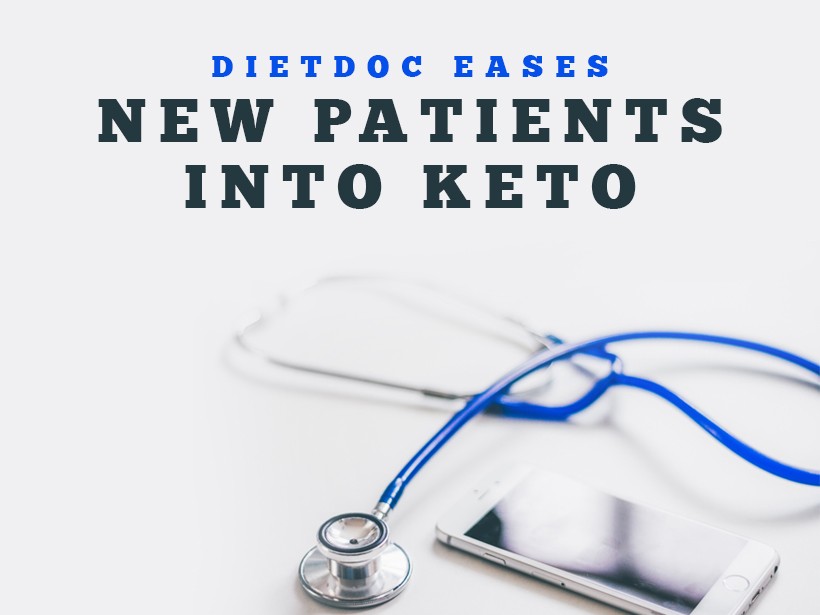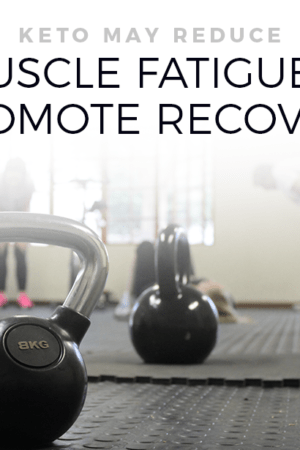As more and more celebrities hop onto the ketogenic dieting train, medical science is catching up with a culture that’s limiting its consumption of carbs. DietDoc, one of the nation’s most recognized providers of medically-supervised weight-loss programs, has recently encouraged patients who want to lose a significant amount of weight to “ease” themselves into the ketogenic diet. In a press release published on Global News Wire, a DietDoc representative dispelled some of the most common myths surrounding the ketogenic diet and encouraged patients to gradually reduce their carbohydrate intake instead of going cold turkey for longer-lasting results.
Understanding the glycemic index
Before dieters jump into a low-carb diet, DietDoc’s medical team first recommends that they understand the glycemic index and the effects that high-sugar foods have on body processes. The glycemic index is a numerical score given to indicator how heavy of an effect on blood sugar levels. Since low-carb diets frequently revolve around the glycemic index, DietDoc recommends “selecting carbs on the lower end of the glycemic index” when beginning on their low-carb diet—meaning that ketogenic dieters should typically be getting most of their carbohydrates from leafy green vegetables.1
Don’t go “cold turkey” on carbs…or nuts on protein
One common mistake that beginner ketogenic dieters often make is trying to totally cut carbs out from their diets. DietDoc advises their patients to avoid going “cold turkey,” and instead fill their quota with fiber-rich complex carbohydrates like spinach, kale, and collard greens.
“Many dieters make the mistake of eliminating high-fiber carbs, important grains, along with several key vitamins and minerals in the process.”
Another common mistake that beginners make? Eating too much protein. Contrary to popular belief, more protein isn’t always better—in fact, eating too many grams of protein can result in a conversion to sugar, and this can keep a dieter from achieving ketosis. DietDoc’s recommendation is to focus on consuming a well-balanced diet that takes into account individual weight-loss goals, personal and familial health history, and exercise levels.
“Ensure that you still maintain a balanced diet with lean proteins and veggies to protect your heart. If you are an active person, cutting carbs drastically can result in low energy/performance, as well as reduced muscle gain. That’s why Diet Doc offers low-carb programs…that are medically-supervised and tailored to your unique weight loss and health specifications.”
An increase in support for the keto community?
This new announcement from DietDoc, in combination with other brands and medical professionals recognizing the value of a low-carb diet, may be an indication that more and more accommodations will be made in the dieting market for keto. As more and more consumers place an increased importance on losing weight and government bodies put pressure on manufacturers who fill their products with excess sugar, all signs point to a brighter future for keto.
Will more medical bodies begin to recommend keto? Will companies begin to capitalize on the growing low-carb market? Only time will tell, but for now, one thing’s for sure—DietDoc’s patients and clientele will be getting a little more low-carb advice in their futures.
NUTRITIONAL DISCLAIMER
The content on this website should not be taken as medical advice and you should ALWAYS consult with your doctor before starting any diet or exercise program. We provide nutritional data for our recipes as a courtesy to our readers. We use Total Keto Diet app software to calculate the nutrition and we remove fiber and sugar alcohols, like erythritol, from the total carbohydrate count to get to the net carb count, as they do not affect your blood glucose levels. You should independently calculate nutritional information on your own and not rely on our data. The website or content herein is not intended to cure, prevent, diagnose or treat any disease. This website shall not be liable for adverse reactions or any other outcome resulting from the use of recipes or recommendations on the Website or actions you take as a result. Any action you take is strictly at your own risk.
- Keto Drives Increased Calorie Burn - July 11, 2019
- New High-Protein, Low-Sugar Greek Yogurt Hits Market - April 1, 2019
- Can Going Low-Carb Fight Back Fat? - December 4, 2018































